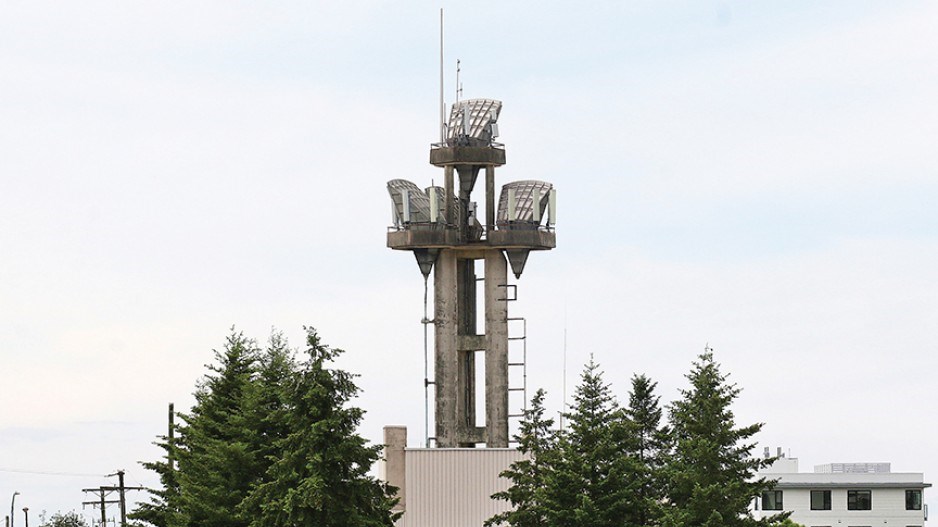Canada has announced it is officially banning all Huawei Technologies Co. Ltd. and ZTE Corp. equipment and services from the country’s 5G network infrastructure.
The announcement was made by federal Industry Minister Francois-Philippe Champagne and Public Safety Minister Marco Mendicino last week in Ottawa after being anticipated widely for at least a year.
If any Canadian telecom firms have already installed Huawei or ZTE equipment in its 5G buildup, they will be required to remove the equipment at their own expense.
Huawei and ZTE, both Chinese telecom giants, have been highlighted by U.S. authorities as being potential national security risks if they were to be involved in a country’s 5G infrastructure. Experts say the concern is that Beijing would have unfettered access to information transmitted through the network if either Huawei or ZTE were involved.
Both Champagne and Mendicino, however, downplayed the China connection, with neither mentioning the country once during their announcements.
Champagne added he is not worried about retaliation from Beijing as a response to today’s news.
“Let me be clear: This is about Canada,” Champagne said. “This is about our national security. This is about our telecom infrastructure. And therefore … we did a very thorough process, we’ve concluded that process today and that’s why we are announcing we intend to exclude Huawei and ZTE.”
All other partners within the “Five Eyes” intelligence alliance – the U.S., the U.K., Australia and New Zealand – have already banned Chinese telecoms from their 5G networks.
Ottawa had been pondering the decision for the last three years, although all of Canada’s major telecoms already voluntarily ditched Huawei and ZTE equipment in their 5G deployment.
“I would say this is very much in line with what our allies have been doing in order to protect one of the most critical infrastructure not only now, but for generations to come,” Champagne said.
Huawei, in particular, has been garnering scrutiny in Canada ever since the 2018 arrest of the company’s CFO, Meng Wanzhou, in Vancouver on a U.S. extradition request.
Meng is also the daughter of Huawei founder Ren Zhengfei.
Meng was held in Vancouver for three years before reaching a deferred prosecution agreement with U.S. authorities, returning to China in 2021.
During that time, Beijing retaliated by arresting two Canadian nationals on espionage charges and created several import bans on Canadian goods. Relations between Canada and China spiralled into a nadir.
Vancouver-based Telus Corp. had long been aligned with Huawei on its 5G ambitions, but Telus and Bell eventually left the Chinese company in the dust in June 2020 when they announced they were tapping European vendors Telefonaktiebolaget LM Ericsson and Nokia Corp. to build out their 5G networks.
Telus is also currently tapping Samsung Electronics Co. Ltd. to help deploy its 5G products.
[email protected] / [email protected]
twitter.com/chuckchiang3 / twitter.com/reporton



